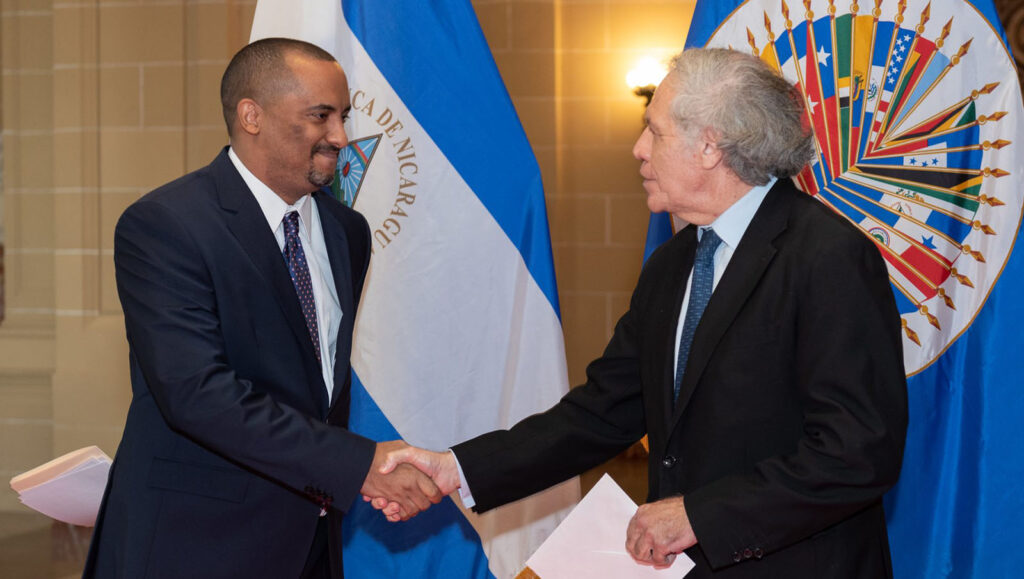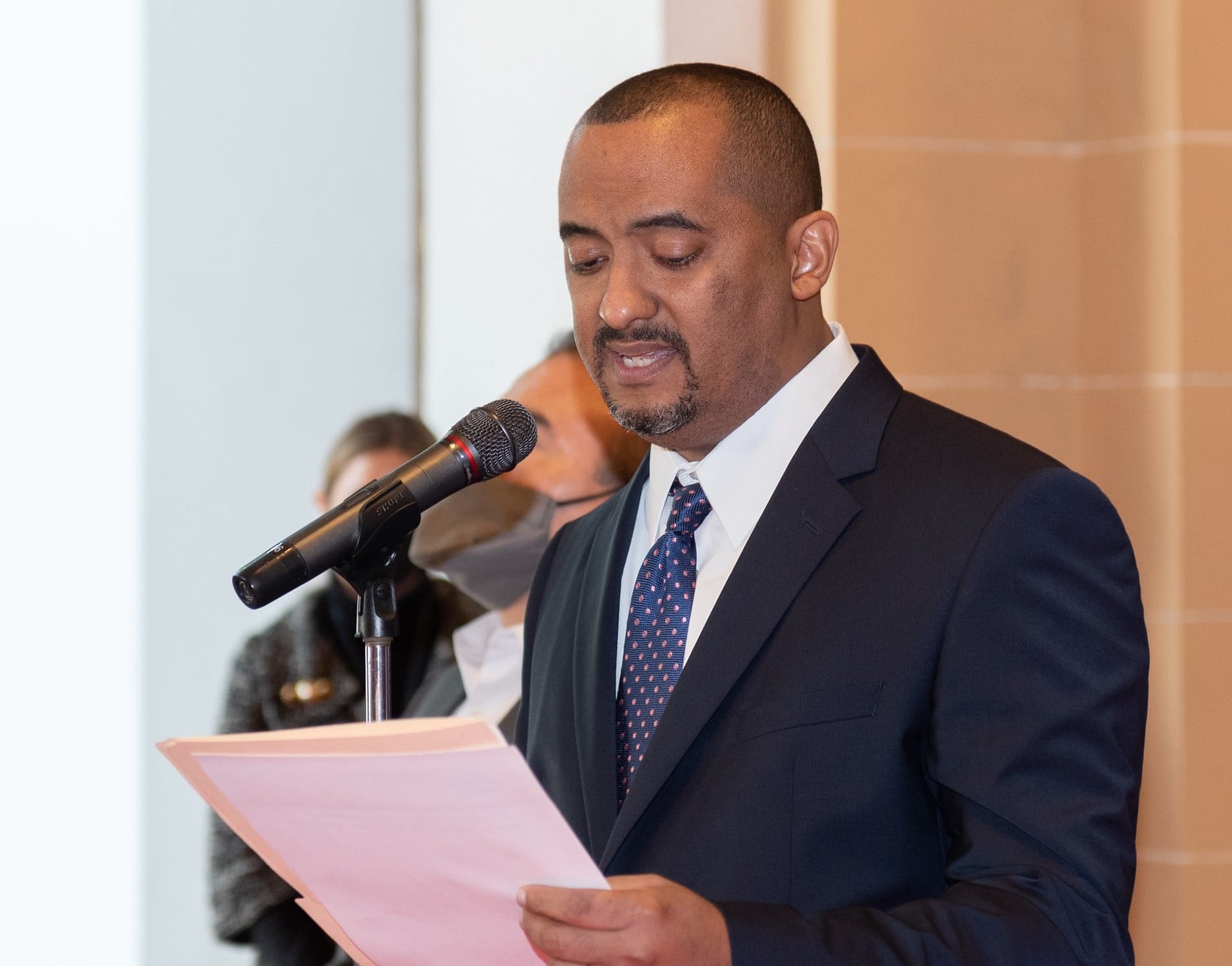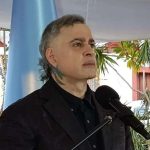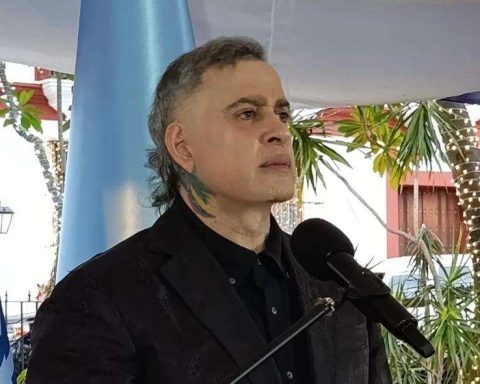Arturo McFields, former Nicaraguan ambassador to the Organization of American States (OAS), declared to the digital media Despacho 505 that he has requested political asylum in the United States, due to the constant harassment and threats against him by the “mobs of Ortega ».
The decision of the former diplomat is made almost a month after denouncing the administration of Daniel Ortega and Rosario Murillo before the Permanent Council of the OAS for the abuses perpetrated against the people of Nicaragua.
McFields told Office 505 that is in a process of “asylum under a very particular section that applies to ambassadors who come from countries with high-risk and crisis situations.”
Related news: Arturo McFields, ambassador to the OAS, denounces the Ortega-Murillo dictatorship
He also pointed out that the response to his asylum request could take several months and therefore, while he obtains a work permit, he will cover his stay in the North American country with his own resources. “I have other coverage to be able to be here, work and get ahead during that time,” she argued.
On March 23, the former Nicaraguan ambassador made the decision to “undress” the Ortega dictatorship by exposing live the constant human rights violations of which Nicaraguans are victims.
“Denouncing the dictatorship of my country is not easy, but continuing to remain silent and defending the indefensible is impossible,” Arturo McFields stressed during a session of the OAS Permanent Council.
Consequences of denouncing Ortega
The also journalist told the Despacho 505 website that it has been a decision with many economic, security and psychological implications.
“The most important implication is that I feel that my chains have been broken, I can breathe, I am a free man and I do not have to ask anyone for permission to publish a tweet, I feel free and it is an extraordinary freedom that I have not experienced for a long time,” he stressed. .

In addition, he revealed that Ecuador was one of the countries that offered him asylum when he denounced Ortega, before the OAS, however they have decided to stay in the United States “for as long as necessary.”
The former diplomat indicated that he continues to be the object of threats from social networks, assured that “he does not pay much attention to it” and therefore, “he is taking corresponding security measures.”
He recalled that the officials of the Ortega dictatorship cannot talk to anyone, they censor themselves, they suffer from humiliation and psychological abuse. With his resignation, he maintains that he has met again and it has been like “coming home.”

















